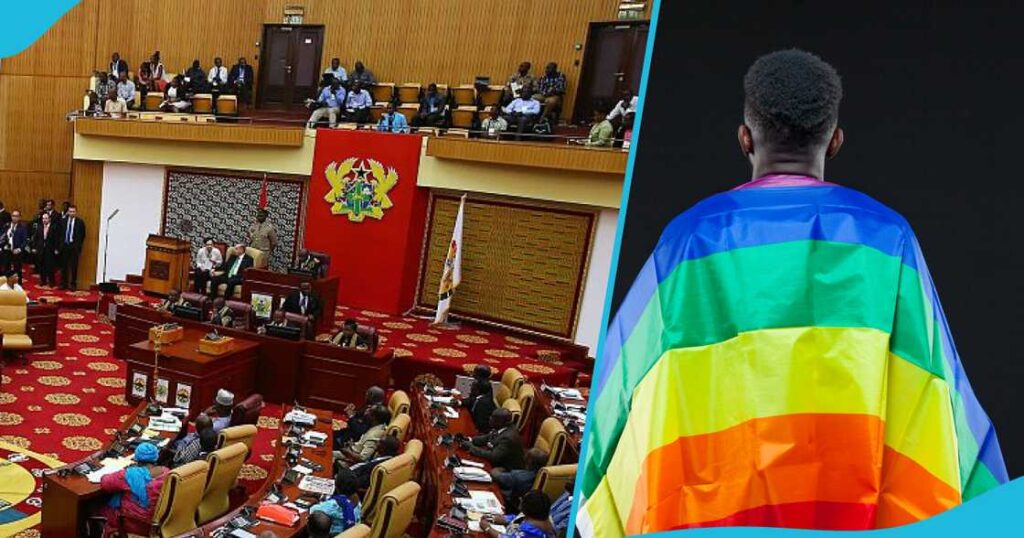The Human Sexual Rights and Family Values Bill has once again been reintroduced to Ghana’s Parliament for consideration, sparking renewed debate about its potential impact on individual freedoms, health rights, and the country’s international reputation.
The bill, led by Reverend John Ntim Fordjour, Member of Parliament for Assin South, seeks to ban LGBTQ+ activities and criminalize their promotion, advocacy, and funding. Previously passed by the 8th Parliament, it failed to secure Presidential assent under former President Nana Akufo-Addo. It is now back before the legislature, with proponents urging President John Dramani Mahama to sign it into law once approved.
A Deeper Look at SRHR Implications
At its core, the bill raises significant questions about Sexual and Reproductive Health and Rights (SRHR) in Ghana. SRHR encompasses the right of all individuals regardless of gender or sexual orientation to access healthcare, make informed choices about their bodies, and live free from violence or discrimination.
Critics argue that by criminalizing LGBTQ+ identities and related advocacy, the bill could restrict access to critical health services such as:
-
HIV/AIDS prevention and treatment programs, which often work closely with marginalized groups.
-
Mental health support, as stigma and fear may push vulnerable populations into hiding.
-
Public health outreach, since communities most in need of education on sexual health may avoid clinics or NGOs out of fear of prosecution.
From an Sexual Rights perspective, laws that limit inclusivity risk undermining Ghana’s commitments to global health targets, including the Sustainable Development Goals (SDGs) on good health, gender equality, and reduced inequalities.
Supporters and Critics
Support for the bill comes strongly from religious leaders, chiefs, and cultural coalitions, who see it as a defense of Ghanaian family values and traditions. They argue that it will safeguard the moral fabric of society and protect children from “unwholesome influences.”
However, human rights activists, health professionals, and international organizations caution that such legislation could deepen discrimination, violate fundamental freedoms, and deter investment and partnerships. The United Nations, African Commission on Human and Peoples’ Rights, and global health networks have all emphasized that inclusive health policies are essential to achieving universal access to SRHR services.
The Bigger Picture for Ghana
Beyond the cultural and political debate, the bill sits at the crossroads of public health, international relations, and social development. Passing it could complicate Ghana’s collaborations with development partners, particularly in areas of health funding, education, and human rights.
For citizens, the most pressing concern is whether such a law will strengthen or weaken access to healthcare. If certain groups are excluded or criminalized, Ghana risks setbacks in areas like HIV prevention, maternal health, and youth education on sexual and reproductive health.
Moving Forward
As Parliament resumes deliberations, the conversation should expand beyond morality and legality to include evidence-based health research, inclusivity in policymaking, and Ghana’s obligations to safeguard the health and dignity of all its citizens.
For Ghana to make progress in SRHR, policymakers must balance cultural values with health priorities, ensuring that no one is left behind in accessing essential services.
Amnewsworld will continue to monitor developments as the bill moves through legislative processes, highlighting both the political debate and the broader implications for sexual and reproductive health rights in Ghana.


